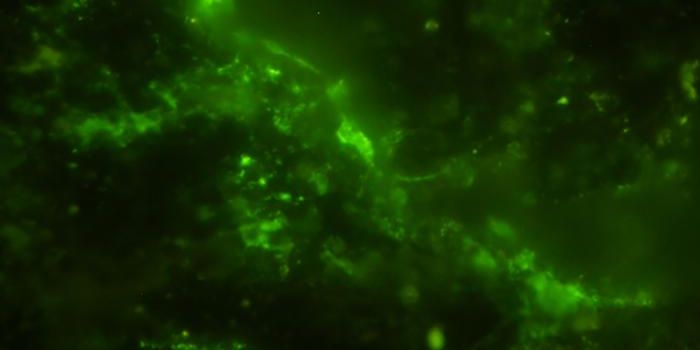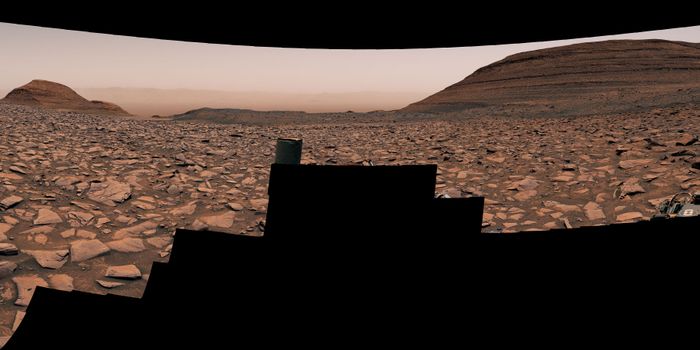Venus Probably Had Habitable Conditions At One Time or Another
Earth is the oddball in our Solar System because it supports life. There has, to date, not been any evidence of intelligent life forms anywhere else in our Solar System, or even in the rest of our galaxy for that batter.
The question of whether or not there exists any other form of life in the universe is a question that remains unanswered, although it almost seems to make perfect sense that more of it must exist somewhere out there in the middle of this infinitely-growing universe.
Nevertheless, the best places to look are the places right around us; the places we can consider to be our own back yard in our Solar System, so to speak. We have rovers rolling around on Mars and satellite probing other planets to learn more about them, but what about Venus?

Image Credit: NASA/JPL
The yellowish planet has been deemed Earth’s sister-planet for ages. Despite having an atmosphere 90 times thicker than ours and temperatures above 890º Fahrenheit, the planet may have a very hostile environment today, but a study published in the Geophysical Research Letters suggests that Venus wasn’t always like that.
In fact, during the time when the first forms of life were developing here on Earth, Venus may have had a very life-friendly atmosphere that could have welcomed life forms like those on Earth today. In fact, it’s possible that life once did exist on it, but there’s no way it still does today.
“Both planets probably enjoyed warm liquid water oceans in contact with rock and with organic molecules undergoing chemical evolution in those oceans,” said David Grinspoon of the Planetary Science Institute in Tucson, Arizona. “As far as we understand at present, those are the requirements for the origin of life.”
The team used 3D computer models to study the characteristics of Venus in our solar system under varying conditions. The models showed that around 3 billion years ago Venus may have had warm flowing oceans just like we do here on Earth, and an environment that would have been suitable for Earth-like life forms.
Of course, one of the things that makes a big difference in Venus’ habitability is its rotation speed. The study took this into consideration, noting that if Venus had rotated any faster than it does today, then the planet wouldn’t have been able to harbor any kind of life-friendly conditions.
"It’s one of the big mysteries about Venus. How did it get so different from Earth when it seems likely to have started so similarly?” Grinspoon continued. "The question becomes richer when you consider astrobiology, the possibility that Venus and Earth were very similar during the time of the origin of life on Earth."
Source: New Scientist








